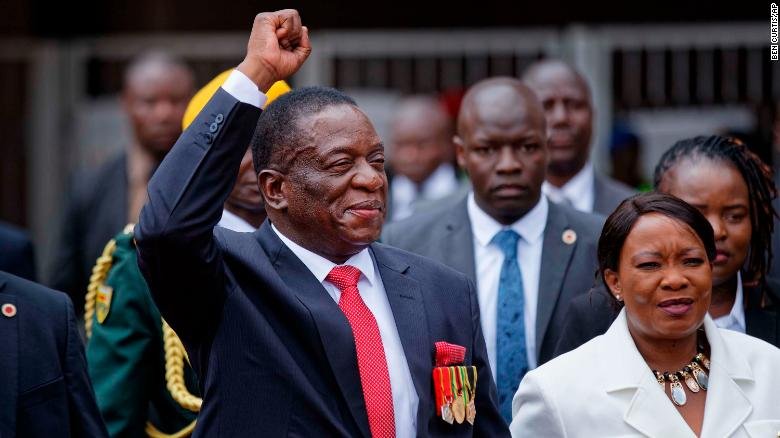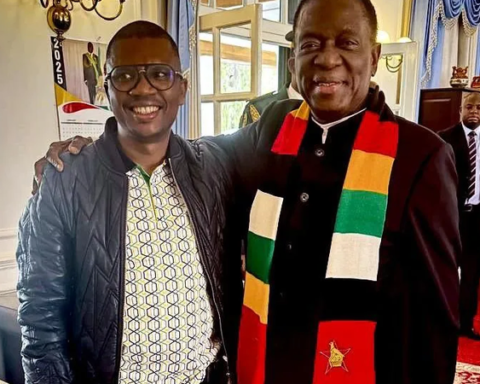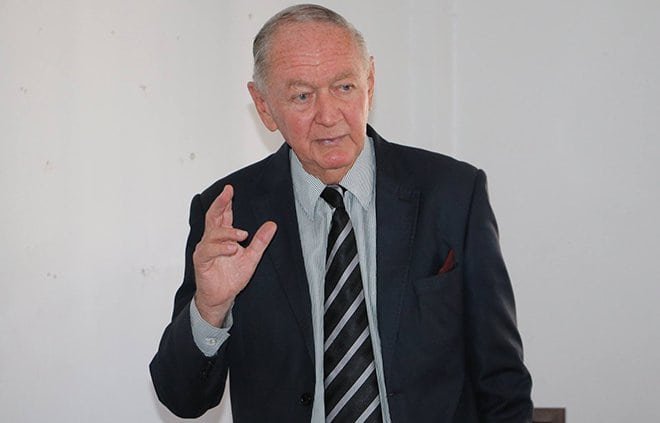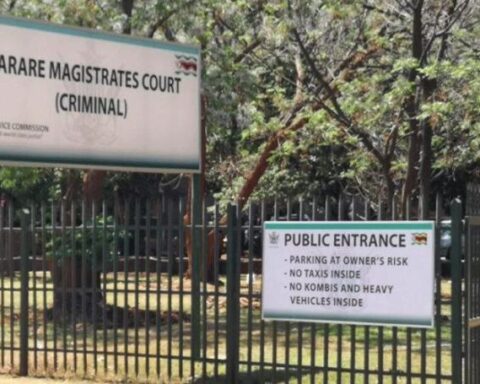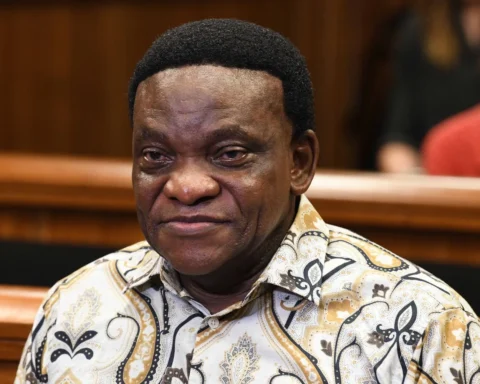Zimbabwe is not yet ready for free, fair, credible elections as yet, a delegation of observers from the United States, Europe and Africa said on Friday.
The pre-election assessment mission, comprising the International Republican Institute (IRI) and the National Democratic Institute (NDI), told journalists that they hoped to see successful resolutions of issues they had raised in their report to the Zimbabwe Electoral Commission.
“While the IRI-NDI delegation found several notable improvements in the political environment and electoral preparations as compared to prior elections, a number of significant opportunities to break with the past have been missed,” David Dreier, a United States former congressman, said.
“As a result, we still have concerns about the fairness of the process.”
The delegation comprises Drier, former chairperson of the Independent Election Commission of South African Brigalia Bam, Irish Senate deputy leader Senator Catherine Noone, Speaker of the US House of Representatives former chief of staff Barry Jackson, Africa IRI deputy director Elizabeth Lewis, NDI gender, women and democracy director Sandra Pepera, NDI co-mission director Larry Garber, and IRI co-mission director Nicolas Teindas.
The group recommended to the Zec chairperson Priscilla Chigumba that the military has to publicly commit that it will serve a winning presidential candidate despite their political affiliation.
They also said the electoral body needed to allow the meaningful observation by political parties of the procurement, printing and storage of ballots, and also that there is need for extensive voter education on the secrecy of their vote.
The delegation also wrote to Zec that it should distribute an analysable final voters roll at the close of the nomination process, allow for meaningful observation by all political parties of the procurement, printing, storage and distribution of ballots as well as publicising plans for the tabulation and announcements of results.
Noone said a lot could be improved in the next 52 days to election, adding “I think that there is some atmosphere of hope that it can be achieved in the country”.
“As we are here, we are hoping to see a transparency election. This can be done only if there are reforms as also to prove that the history of the country and that the current President [Emmerson Mnangagwa] came in through the help of the military, so there is need of transparency in the election process,” she said.
Noone added that “practical steps” could be taken so the country takes a break from its “history of flawed elections” to enhance inclusiveness, transparency, and accountability.
The recommendations come as opposition parties are pushing for electoral reforms.
The international observers are in the country at the invitation of Mnangagwa, whose administration is seeking legitimacy following a coup last November, which saw then 93-year-old strongman Robert Mugabe, in power for 37 years since independence, toppled.
Zimbabwe goes to the election on July 30, where Mnangagwa will face youthful opposition MDC Alliance leader Nelson Chamisa
